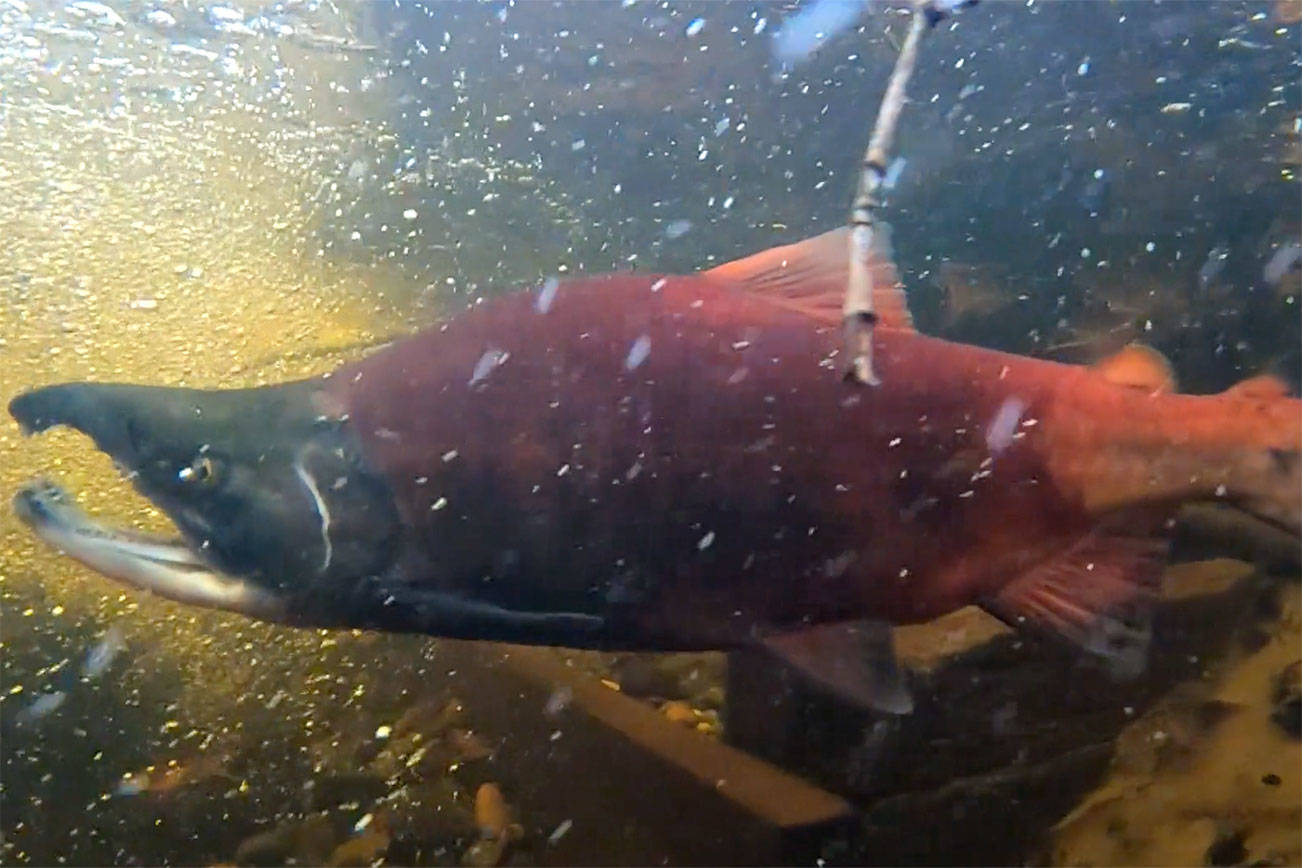King County flood control officials are looking at ways to preserve funding for capital projects through the 2020 budget, including some talk of asking voters to approve a bond.
The talks come ahead of a scheduled vote at the Nov. 27 Flood Control District meeting, which could approve next year’s working budget. Property taxes will likely be preserved at 25 cents per $1,000 of assessed property value.
King County Councilmember Rod Dembowski, who represents largely incorporated areas including Shoreline, northeast Seattle and north end cities, questioned whether raising taxes would be the best way to fund the flood district. Instead, he proposed asking voters for a bond. District 1, he said, has paid $35 million to the flood district and has only received around $9 million back as investments.
“It’s a sensitive issue for my constituents, and I need to raise these concerns on their behalf,” he said at an Oct. 30 flood control district meeting.
Councilmember Kathy Lambert said more money is needed to stabilize the budget by 2023, when revenue is predicted to decline. She said bonding is more expensive because of interest.
“We have a cliff that we need to prepare for,” Lambert said.
However, Councilmember Claudia Balducci said she didn’t necessarily believe a cliff was coming. She said there’s revenue projections that rise and drop off, often when staff estimates what large projects such as river levy replacements could cost. The county maintains around 126 miles of levies throughout the King County.
“I’m not sure that we’re really falling off a cliff,” Balducci said.
There were nearly $100 million in budget requests for the 2020 budget from municipalities throughout the county, including unincorporated portions of the county. Funding from the flood control district is put toward projects ranging from culvert replacements to levy repairs. The proposed 2020 budget is around $90 million.
It’s projected that the total ending balance will begin reducing over the next few years, according to county projections. Much of the budget is reserved for projects. In 2020, it’s estimated there will be around $36 million leftover as unreserved funds. This could drop to around $11 million by 2023, and by 2025, this amount could be in the negative.
In September, the district awarded around $3.6 million in grants to agencies around the county. This included $110,000 to Bellevue to help replace drainage infrastructure for the Mercer Slough Blueberry Fields.
The Snoqualmie Valley Watershed Improvement District was awarded $300,000 to help fund its 2020-22 drainage improvement program. Following flooding in late October, Cynthia Krass of the Snoqualmie Valley Preservation Alliance said getting water off the fields following floods would help farmers.
The county is also facing funding problems in other areas, namely funding for its capital roads account, which is expected to be depleted by 2025. If new funding isn’t found, it could mean the county won’t have money to conduct new projects, and only provide some maintenance of existing roads and bridges.
Both accounts largely rely on property taxes because Washington state doesn’t have a progressive income tax. Unincorporated parts of the county typically lack businesses, meaning sales tax revenue is often low compared to cities incorporated within King County.








